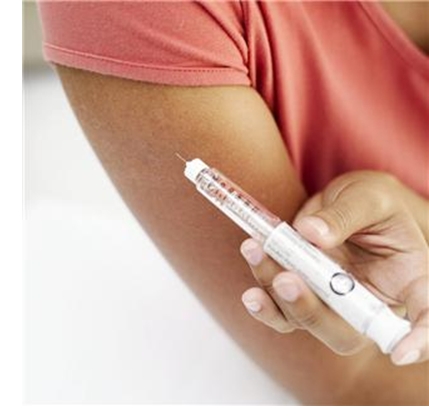SwedishShorts
2014 Hasselbald Award Winner. Preventing diabetes?
-
 The winner of the 2014 Hasselblad Award is the Japanese photographer Miyako Ishiuchi. Above, her photograph ”Apartment.” Photo courtesy of Michael Hoppen Gallery, www.michaelhoppengallery.com
The winner of the 2014 Hasselblad Award is the Japanese photographer Miyako Ishiuchi. Above, her photograph ”Apartment.” Photo courtesy of Michael Hoppen Gallery, www.michaelhoppengallery.com -
-
2014 Hasselbald Award Winner
The Hasselblad Foundation has announced the 2014 Hasselblad Award winner: Japanese photographer Miyako Ishiuchi. Miyako Ishiuchi was born in 1947 and has produced collections of photography since the late 1970s. Her first book was a study of Yokosuka, where she grew up. Her work favors the oversized grainy prints and gritty subject matter that characterize the pictures of many photographers in the late 1960s and 70s who preferred the "are-bure,” or grainy-blurry. She began to take close-ups of the bodies of the very old in the early 1990s. The award ceremony took place on Thursday, March 6, in Tokyo, and an exhibition of her work, ”Miyako Ishiuchi—2014 Hasselblad Award Winner,” will open in November of this year at the Hasseblad Center in the Göteborg Museum of Art in Sweden. The award sum is 1,000,000 SEK or $156,000. For more information: www.hasselbladfoundation.org -
 Swedish researchers in Lund have shown that there might be a way to prevent type 2 diabetes.
Swedish researchers in Lund have shown that there might be a way to prevent type 2 diabetes. -
-
Preventing diabetes?
It may become easier to prevent type 2 diabetes in the future. For the first time ever, scientists in Lund have found a huge number of epigenetic changes—over 3 000 of them—that may cause the disease. "These changes affect the function of the genes and can add to an impaired insulin production,” says Charlotte Ling, associate professor at Lund University’s diabetes center. The increase in cases of type 2 diabetes in the world today is so great that researchers are talking about it as epidemic. The reason for this, according to the diabetes portal at Lund University, is partly hereditary, but parly also the ”high-fat, sugary junk food in combination with little or no physical activity” which leads to obesity. Researchers are, in this new study, showing that obesity often comes first, and it affects several of the epigenetic changes that the scientists have found in people with diabetes. What this ultimately means is that you can affect the onset of the disease as well as how it progresses, since it is possible to affect the epigenentic changes. The person who is informed in time that he’s likely to get the disease, can not only slow down the process but also possibly turn it around and reduce the risk of the disease. ”If the epigenetic changes contribute to making you sick, then in the future we would be able to medicate or in some other way prevent the disease,” Ling says. So far there’s no simple way to measure who has the epigenetic preconditions to get type 2 diabetes and who does not. Today, researchers measure the pancreas, but Ling hopes it will be possible to do it with a blood test. In the treatment of cancer and epilepsy, drugs that affect the epigenetic changes have been used for a long time. -
-
